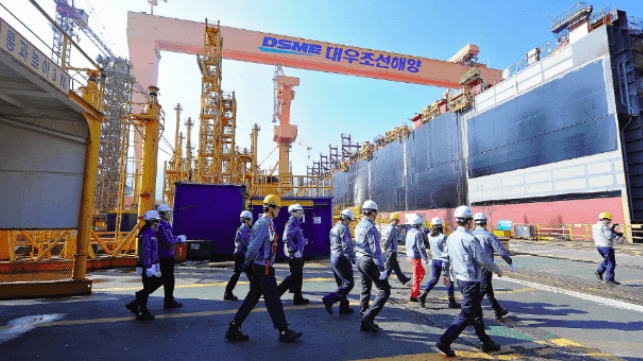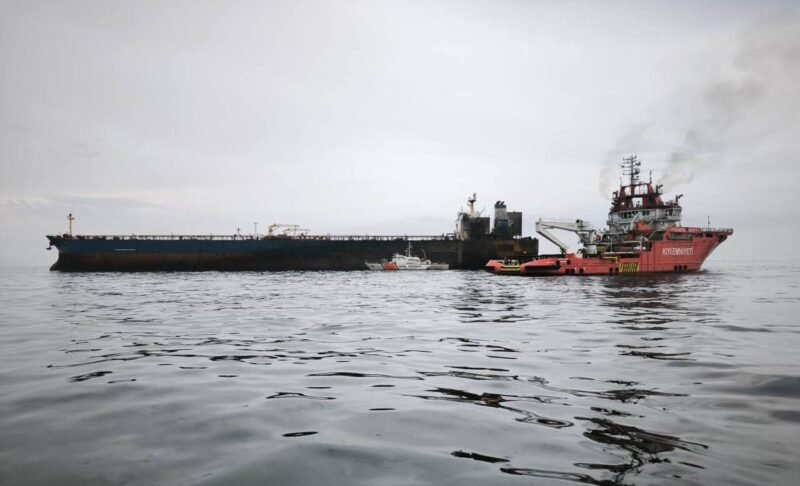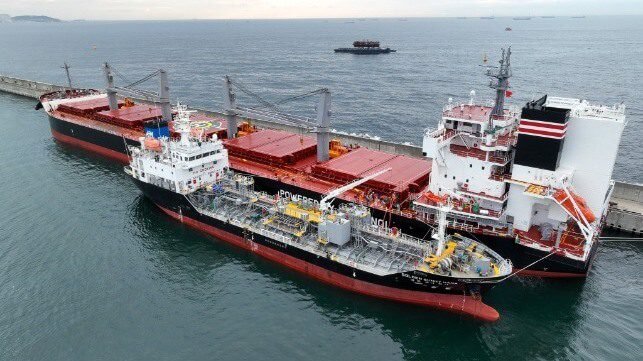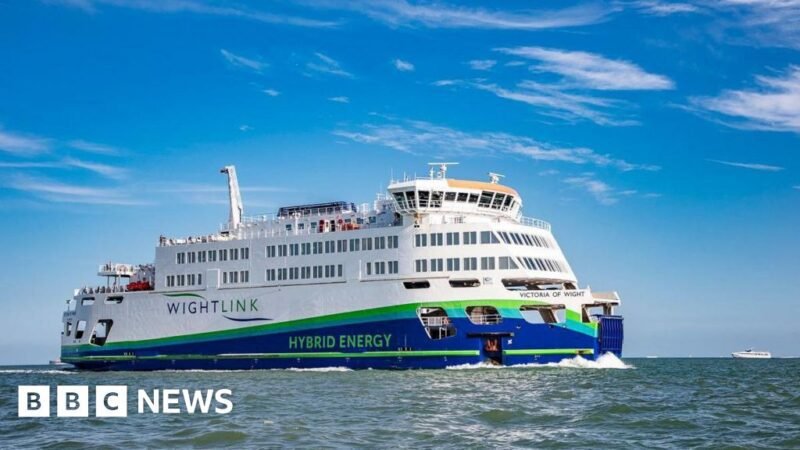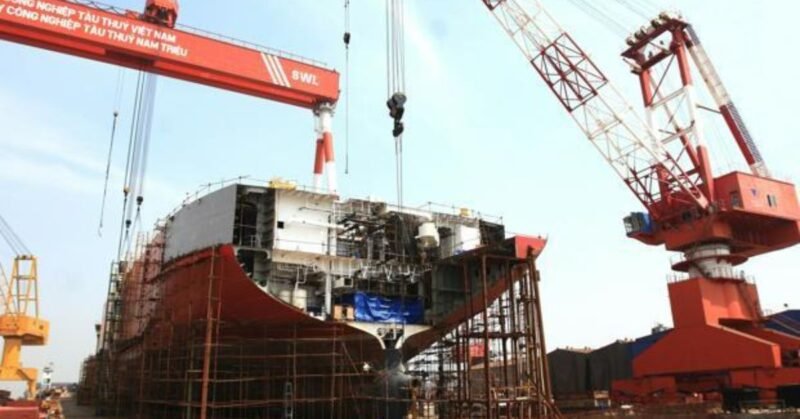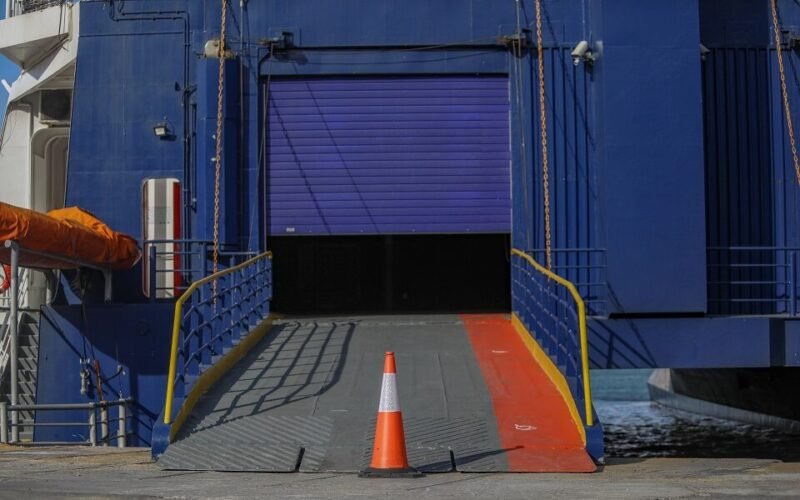South Korean shipbuilding industry experienced its first coordinated work stoppage on August 28, as union members halted work for three to five hours to increase pressure during contract negotiations. The Shipbuilding Industry Union Solidarity (KTCU) was formed to coordinate negotiations, demanding salary increases, changes to bonus systems, and more new hires to address worker shortages and difficult conditions. The industry has been operating at over 105 percent capacity in 2024, with a backlog of over $140 billion.
The strike, involving major shipbuilders and midsized yards, expanded to include all workers at Hyundai Heavy Industries in Ulsan, with similar actions at other yards. Despite conducting 20 negotiating sessions, union leaders are committed to continuing negotiations while planning rallies in Ulsan and Geoje. The union rejects claims that extended strikes could harm the industry’s reputation and competitiveness, citing a past strike at Daewoo Shipbuilding & Marine Engineering in 2022 that led to the company’s sale in 2023.
Union members are demanding salary increases, changes to bonus systems, and more new hires to address worker shortages and difficult conditions in the South Korean shipbuilding industry. The coordinated work stoppage on August 28, involving major shipbuilders and midsized yards, aimed to pressure the industry during contract negotiations. Despite warnings of potential harm to scheduled ship deliveries, union leaders are committed to continuing negotiations and planning further actions if progress is not made before the Chuseok holiday in September.


